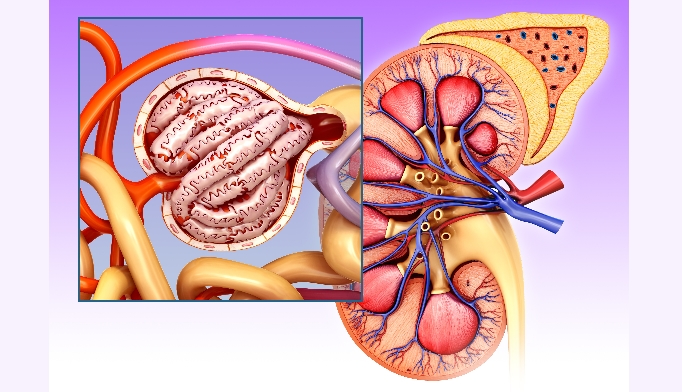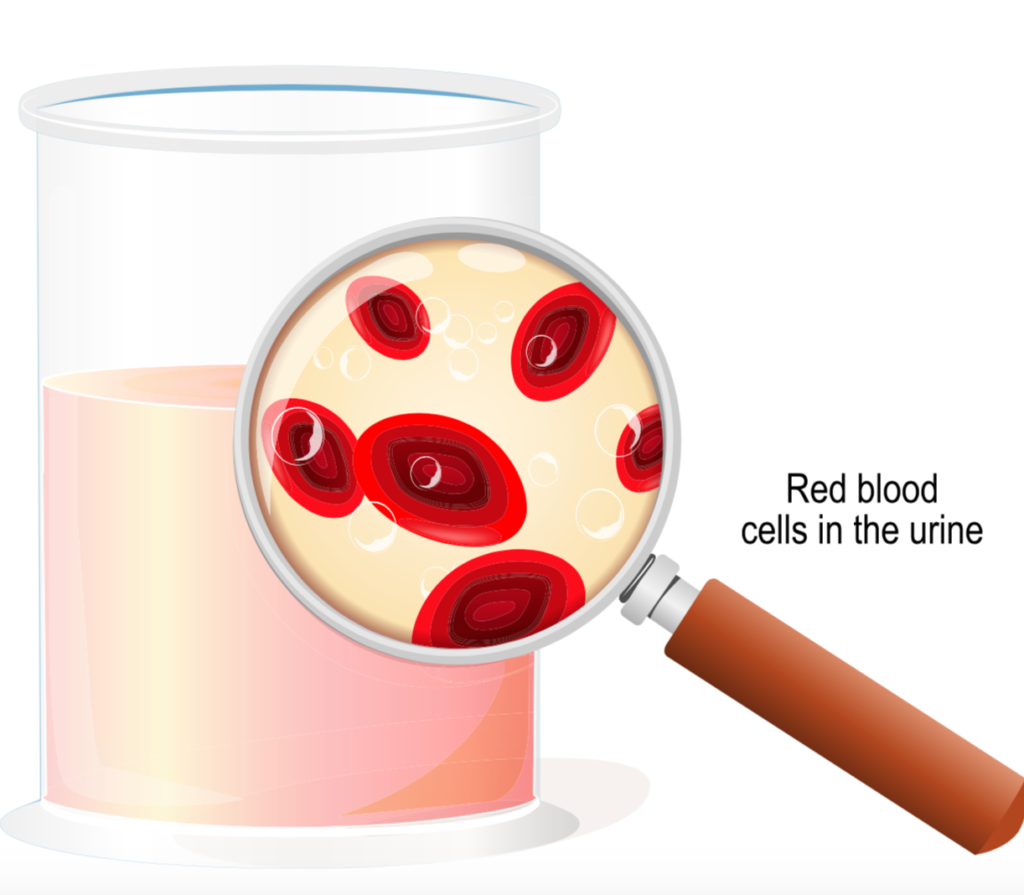
- 1196
- 0
IgA Nephropathy- A rare disease, silently causing Kidney Failure

IgA Nephropathy is one of the most common glomerular disorders, which means it involves the glomerulus. It was a myth that IgA nephropathy was not common in India, but now due to the availability of frequent diagnostic mortality, it is found that it is one of the most common forms of glomerular disease found in all age groups.
Glomerular disease is one of a kind of kidney disease that involves the filtration unit of the kidney, called the Glomerulus. This glomerular involvement may be of-
1) De novo- indicating the involvement of the Primary part of the glomerulus.
2) Systemic type- Which otherwise involves other systems of the body and may include glomerular involvement.
When anyone is diagnosed with glomerular disease, it means not the other systems of the body but specifically the glomerulus is involved. Among other glomerular diseases, IgA nephropathy is most common.
Kidney diseases are classified based on the structural involvement of the kidney. Glomerular diseases hold a large significant portion of patients who are suffering from kidney disease.
What is IgA Nephropathy?
Ig means immunoglobulin and A is a subtype of that. In the human body, there are some types of immunoglobulin to protect the body from any foreign particles. There are different subtypes of these immunoglobulins such as IgA, IgM, IgG, IgE etc. based on their structure, molecular weight etc.
IgA is one of the predominant and most responsible ones for mucosal immunity (mucosal immune barrier- this helps to protect mucosal linings of our body from any foreign attack, these immunity processes are mediated by IgA). If there is any inflammation in the body’s mucosal linings eg- diarrhea, sore throat, infection in the nasal cavity, etc, production of IgA increases. When anyone has any kind of infection, IgA production increases subsequently, then those IgAs pass through blood and has to be filtered through the kidneys.

In this disease, IgA gets deposited in the mesangium of the kidney (there are structures in the glomerulus that hold all the blood vessels) leading to damage to the glomerulus and then CKD.
IgA has 2 parts that are connected through a structure called J chain. Liver mainly synthesizes J chain. If there is any problem regarding genetic, nutritional or any other, defective J chain does not allow IgA to defrag that could be filtered through the kidney, becomes stuff and stout and forms a cluster of IgA and gets deposited to kidneys leading to IgA nephropathy.
Symptoms- How will a patient know if they have IgA nephropathy?
Most commonly IgA nephropathy is presented with Proteinuria and microhematuria.

Proteinuria: When in urine analysis some amount of protein is found in urine and the patient does not have any hypertension or diabetes. Microhematuria on the other hand, means urine does not show any colour of blood but in urinalysis RBC is present. RBC comes as mesangium is damaged.
Sometimes patients may have overt hematuria (while urinating, blood is seen in the urine).
If a patient has overt hematuria, then physicians consider that case as clinically good and non damaging IgA nephropathy. However, in patients who have proteinuria and microhematuria, nephrologists consider that type as a chronic form.
Diagnosis– To diagnose IgA nephropathy, the most appropriate test is kidney biopsy.
Treatment– For treatment there are- medical and nutritional treatment.
In medical treatment, renal physicians usually prescribe some basic symptoms-based medicines, like antihypertensive drugs, protein-reducing drugs, omega 3 fatty acids (fish oil), or any kind of immunological medicines. These medicines modulate immunity that delays the progression of IgA nephropathy. The most important drug in this treatment is steroids. CNI is also considered for IgA treatment in addition to steroids. Recently, renal physicians prescribe a new type of steroid for this disease, budefinil (Generic name- Budesonide). This steroid is effective in this disease by doing its anti-inflammatory function.
Patients who are suffering from ESRD progressed with IgA nephropathy, can go for kidney transplant as a treatment. There are a small percentage of chance of recurring this disease in the transplant kidney. One can prevent the recurrence of IgA nephropathy by taking right precautions. IgA nephropathy is a chronic disease that needs a lot of lifestyle modification, medication and nutritional therapy, a regular follow-up.
Contact For Appointment– +918069841500
Comment
Check Your EGFR
***We Promise, no spam!






